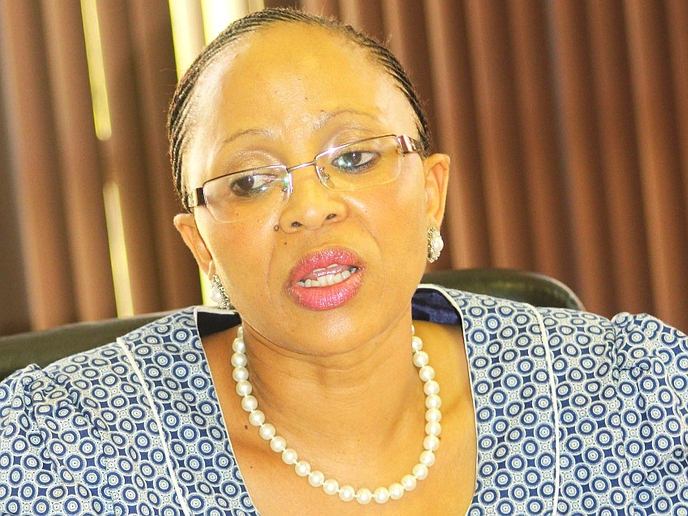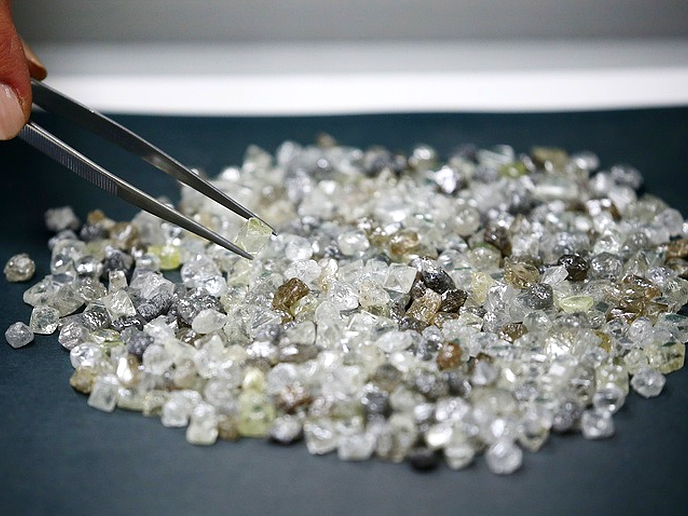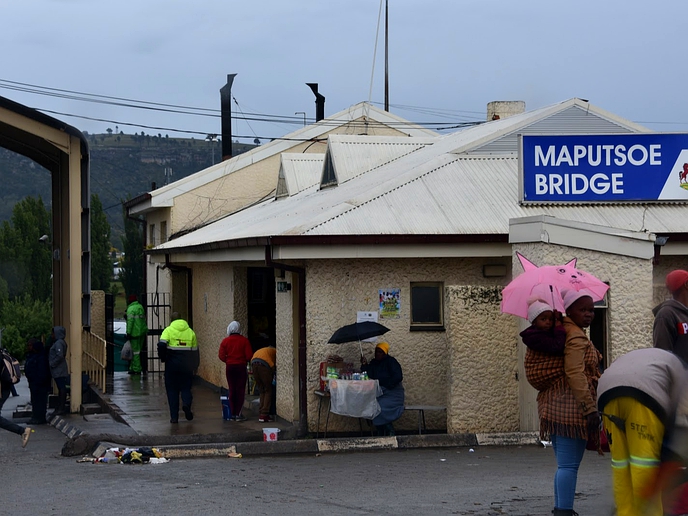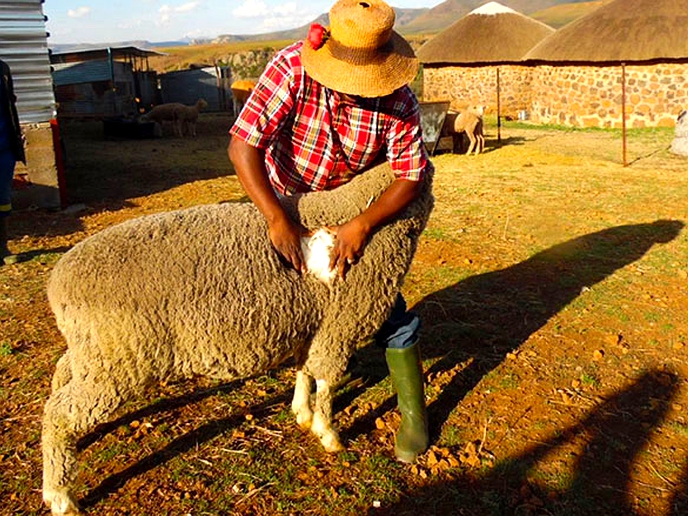MASERU - Challenges ranging from dilapidated electricity networks as well as unplanned power cuts are set to continue as the Lesotho Electricity Company (LEC) has for a second year running been denied tariff hike by the Lesotho Electricity and Water Authority (LEWA).
business
Aug. 6, 2020
NEO SENOKO
3 min read
LEC’s tariff hike denial could spell more disaster…?
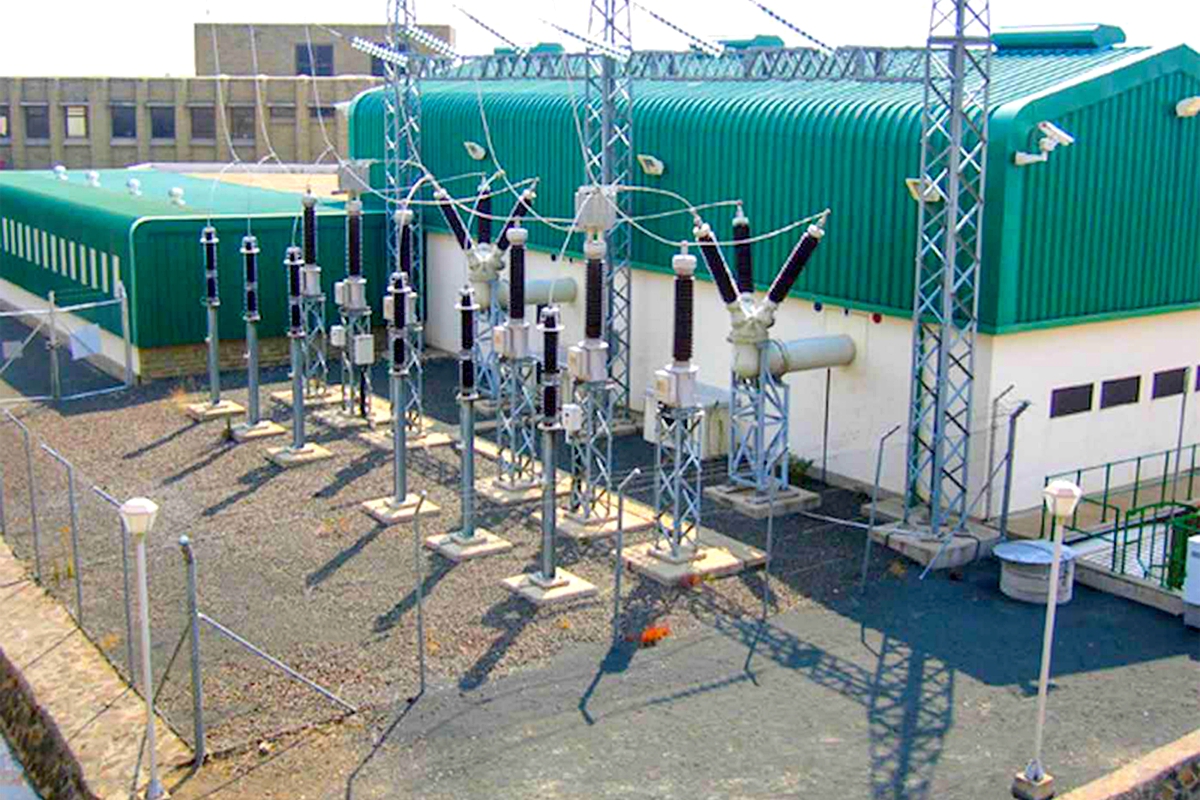
The 'Muela Hydropower station
The decision by the LEWA board means that consumers will continue to fall victims of regular power outages as LEC might not have enough financial muscle to address the challenges. The company is faced with challenges that include network vandalism or theft of electrical cables as well the high cost of purchasing additional power from outside the country.
All these factors and others have become a burden to thousands of day to day users of electricity in the country and it seems the struggles are far from over, though the authority thinks otherwise. On Thursday last week, the LEWA board in its meeting resolved that there will be no tariff increase for LEC on both the Energy and Maximum Demand (MD) charges for all customer categories in 2020/21 fiscal year.
LEC had applied for electricity tariffs increase of 32.6 percent on both the Energy and Maximum Demand (MD) charges across all customer categories.The company had further asked for the approval of a revenue requirement of M1.21 billion for the same financial year.
The application has been thrown out of the window by governing body on a number of grounds and especially the trying times brought about by the COVID-19 pandemic.“The LEWA Board in its meeting held today, Thursday 30 July 2020 approved that LEC’s revenue requirement for financial year 2020/21 will be M933.48 million instead of M1.217 billion requested by the company.
“There will be no tariff increase on the Energy and Maximum Demand charges for all customer categories in 2020/21,” LEWA chairman Relebohile Mosito said in a statement released on Thursday last week.Among the various tariff application drivers cited in the application, LEC highlighted challenges that include operating expenses, labour costs, repair and maintenance, bulk supply purchase as well as depreciation and return of assets.
But on assessing the facts and evidence presented by LEC, LEWA found the justification for a 32.6 percent tariff increase not consistent with its regulatory principles and guidelines.
Enjoy our daily newsletter from today
Access exclusive newsletters, along with previews of new media releases.
Among other things, the authority took into consideration that LEC has to be operationally sustainable and hence it must be allowed to purchase bulk electricity from the ’Muela Hydropower station, EDM Mozambique and ESKOM in South Africa to ensure security of supply.
“It is important that electricity tariffs be affordable to domestic customers and businesses especially now that the country is experiencing the COVID-19 pandemic which has brought about negative consequences, particularly the economic meltdown,” the chairman added in the statement. Furthermore, the LEWA board revealed that LEC has not complied with regulatory prescripts as exemplified by filing the application which was not accompanied by audited financial statements.
As such, the assessment of the company’s financial performance was not achievable. And there is also a public outcry over LEC’s continued non accountability.LEWA received a tariff application from LEC on 17 January. The board of directors of LEWA met on 29 April and decided to defer the determination of the LEC tariff review application to at least the end of July due to the COVID-19
Tailored for you



